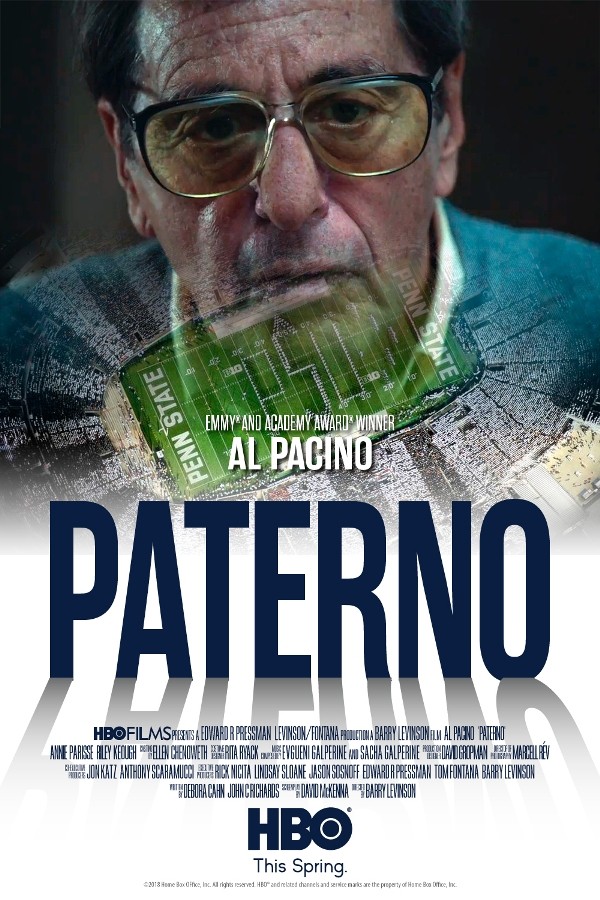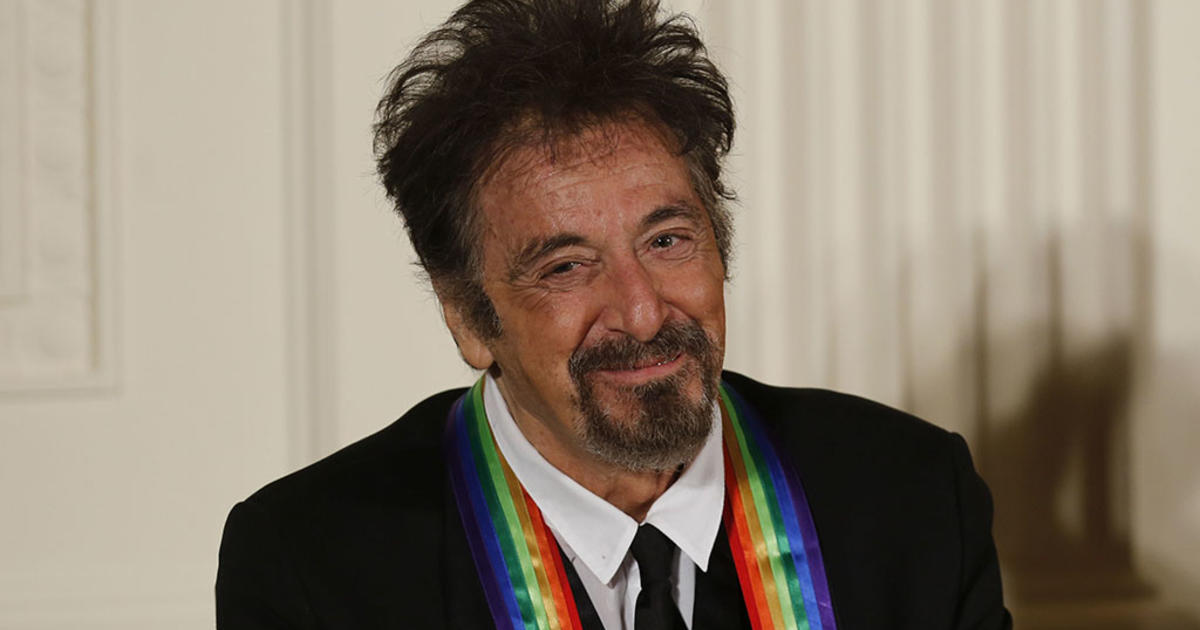

Viewers fearing that Levinson will take a similarly sympathetic view of Paterno can rest assured that this film is far more merciless in its portrayal of unchecked hubris. Kevorkian’s flaws were never more apparent than when he made the unwise decision to represent himself in court, yet he was also a noble figure. Though the opportunities for scenery-chewing were plentiful, such as when Kevorkian showed up in court dressed in a wooden pillory costume, Pacino stayed true to the grounded persona of his character, who kept his cool even while facing an outrageous jail sentence. The greatness of his performance as Jack Kevorkian, the controversial doctor who aided ailing patients in ending their lives, was in its subdued nature.

“Paterno” marks the actor’s third collaboration with Levinson as director, the first being another fact-based HBO film, 2010’s “You Don’t Know Jack,” which deservedly earned Pacino an Emmy. This line, of course, carries an added resonance with Al Pacino cast in the titular role. On the soundtrack, we hear snippets of commentators echoing through the man’s memory, one of whom labels him “the godfather.” The film opens in equally chilling fashion, as Paterno shuffles down the blinding white corridor of a hospital, his famously razor-sharp mind rendered hazy and directionless. Cinematographer Marcel Rév (“ White God”) deftly illustrates how the once-towering stature of this sports legend suddenly became severely diminished, as expressed in a shot of the man walking past rows of empty seats at his cherished stadium. Within a handful of weeks, the legacy of integrity that Paterno had built to be synonymous with his own name came crashing down, smothering Penn State in an avalanche of humiliation. Though the film stops short of staging the coach’s final moments, as he succumbed to cancer at age 85, it could be argued that the entire film is, in essence, a protracted death scene. Richards frames its narrative around the two-and-a-half months following Sandusky’s 2011 indictment, a period of days that turned out to be Paterno’s last. The script co-authored by Debora Cahn and John C. “Paterno,” director Barry Levinson’s dramatization of these events, airing this weekend on HBO, lacks the scope of Bar-Lev’s film, yet stands on its own as a potent cautionary tale. Though it remains unclear just how much the coach knew about Sandusky’s abhorrent conduct, the fact that he had knowledge of it is inarguable, and his failure to notify anyone-outside of his superiors-is crushing. “Denial is healing for me,” said Paterno’s son, Jay, when faced with troubling allegations regarding his father. Though he received offers to coach elsewhere for more money, Paterno stubbornly stayed put, thus cementing his local status as a saint.

Chief among the casualties was Joe Paterno, Penn State’s revered paternal figure, who served as the university’s head football coach for 45 years, leading the Nittany Lions to a record-breaking 409 wins. His conviction on multiple counts of rape and molestation was chronicled in Amir Bar-Lev’s harrowing 2014 documentary, “ Happy Valley,” which also took an unflinching look at the anger that swept across campus, triggered not by Sandusky’s crimes so much as the irreparable damage done to the school’s reputation. I couldn’t look at Nassar without being instantly reminded of Jerry Sandusky, the celebrated assistant football coach at Pennsylvania State University who founded a non-profit charity for at-risk youth in order to prey upon children.


 0 kommentar(er)
0 kommentar(er)
